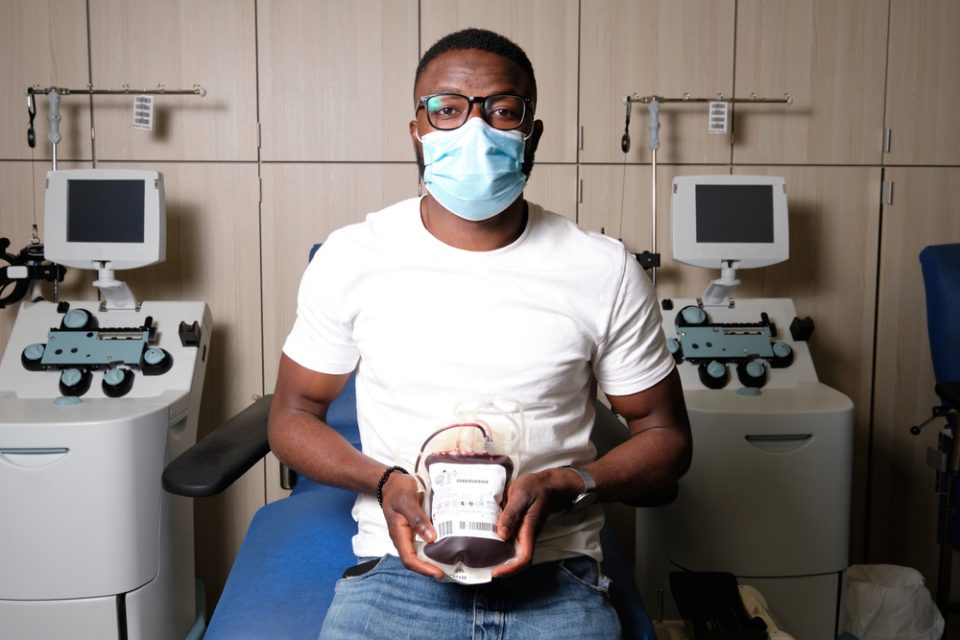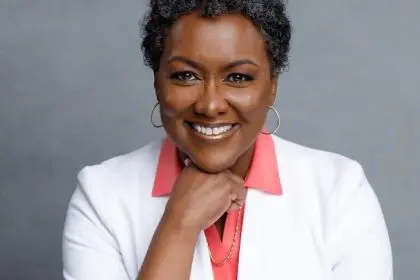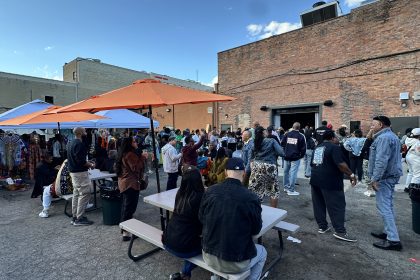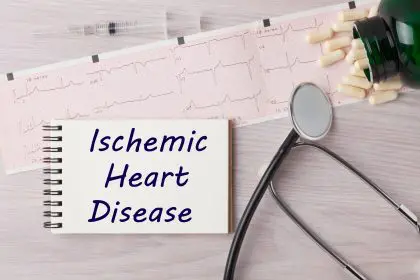
There are many health-based, private volunteer organizations and other nonprofits that work to improve health outcomes and reduce racial disparities in health targeting the Black community. They include the Center for Black Women’s Wellness, the Black AIDS Institute, the Center for African American Health, the American Sickle Cell Anemia Association and many others. These organizations are well-known, but one organization that needs to better be known in the Black community is Be The Match®.
Be The Match is addressing the low level of Black patients who do not have a high chance of obtaining bone marrow stem cell transplants. These services are essential in treating serious and even life-threatening blood cancers like leukemia and lymphoma and diseases like sickle cell. The Be The Match mission and vision are to save lives through cellular therapy and help all patients receive a transplant no matter their ethnic background.
While many organizations focus on saving Black lives, so does Be The Match, but it is not as well-known as other organizations, such as Black Lives Matter, when it should be better known. Be The Match advocates that the first step to becoming a donor simply requires joining its bone marrow registry by completing a simple cheek swab. The best time to do that is today.
The organization holds donor drives to recruit new registry members between the ages of 18 and 44. Scientific research suggests that younger donors (18-35) provide the greatest chance for transplant success. The importance of saving Black lives through becoming a bone marrow stem cell transplant donor cannot the overstated.
So, let’s do our part. Go to BeTheMatchAtl.org and sign up to become a donor and make its name and mission more visible. The Black community needs to become more of a solution to the problem when reducing disparities in cancers like leukemia and diseases like sickle cell.
To find out how you can join the Be The Match Registry®, visit BeTheMatchAtl.org or text HEALTHIQ21 to 61474.
This op-ed was written by Torrance Stephens, Ph.D., an infectious disease scientist. His essays can be found at https://torrancestephensphd.substack.com/
















